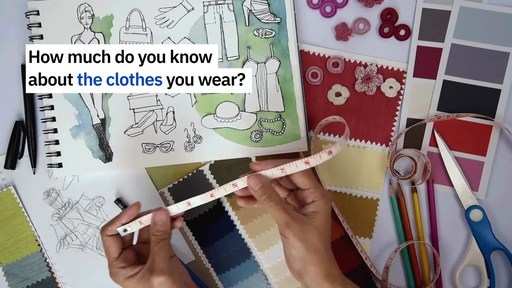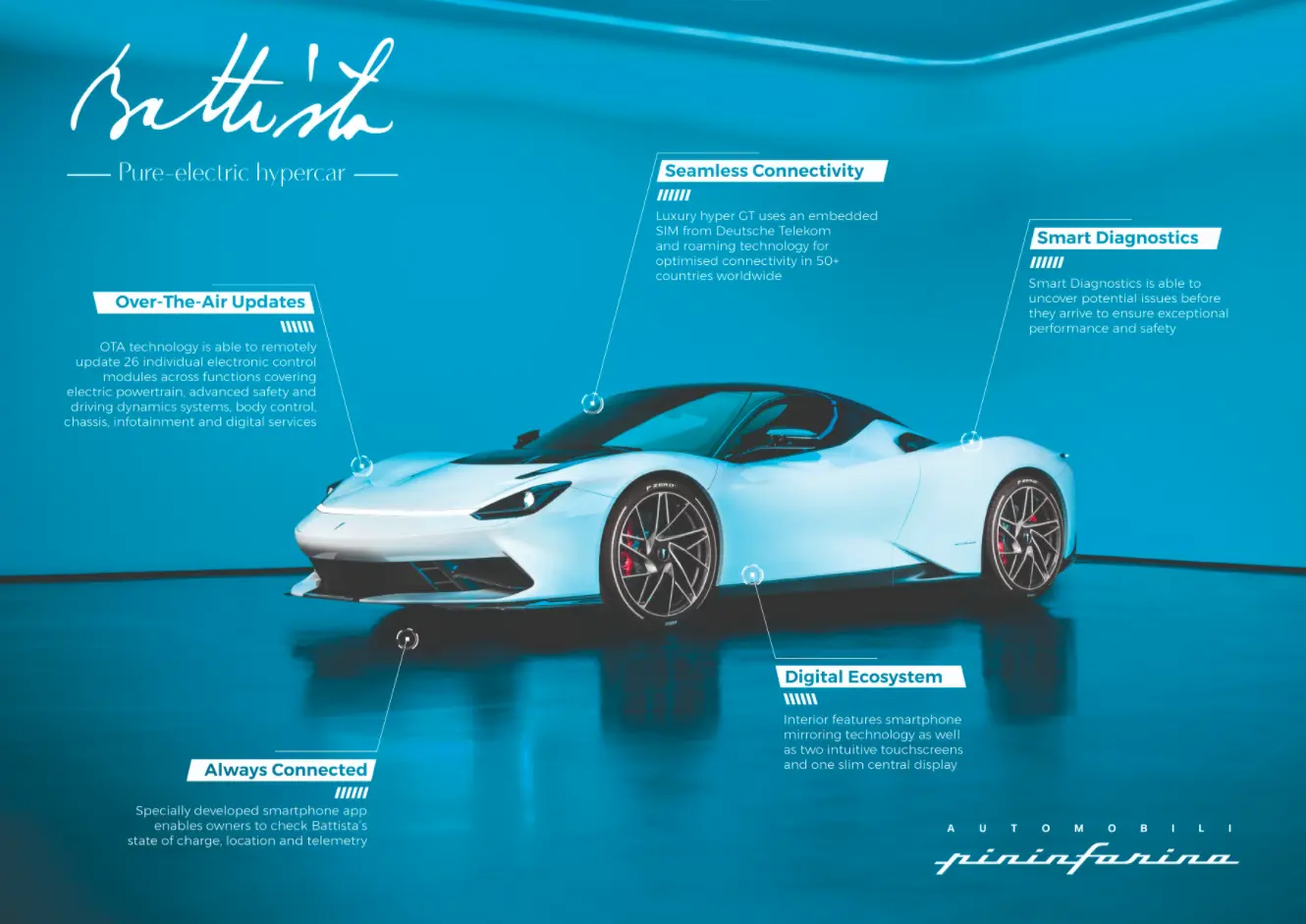
KAYA&KATO, IBM Pioneer Sustainable Clothing Blockchain
IBM and KAYA&KATO, a textile company that manufactures uniforms and work wear, announced the development of a blockchain network for the fashion industry with the support of the German Federal Ministry for Economic Development (BMZ). blockchain clothing
The network is designed to create transparency about the origin of garments, from the fiber used to the completion of the final product, and to provide consumers with the knowledge that their clothes are sustainably produced.

This new application of blockchain technology to document and trace the supply chain for textiles will allow suppliers of organic cotton and customers of KAYA&KATO alike to identify the origin and where the fabrics were processed, as well as gain an understanding of each production and distribution step. The aim is to create transparency and help develop a secure protocol for the traceability of ecological materials. All the permissioned parties involved will be able to access the transaction data recorded in blocks in an unchangeable record on the chain.
There is increasing demand from consumers to understand the environmental impact of the products they buy. According to a global study conducted this year by the IBM Institute for Business Value in association with the National Retail Federation, 77% of consumers surveyed say that sustainability is important to them, and 57% surveyed said they are willing to change their purchasing habits to help reduce negative impact to the environment.
Within the garment industry, these attitudes are more prevalent among and more important to younger demographics. A recent survey of European consumers by Morning Consult, commissioned by IBM found that 75% of respondents said they were concerned about the level of waste in the fashion industry. Furthermore, 64% of respondents said they would be more likely to buy the garment if new technologies could prove sustainability claims.
Many within the fashion industry are working to help address changing consumer attitudes while creating ways to be more transparent about the environmental impact of the materials they use. Blockchain is well-suited to help garment manufacturers and their suppliers work together to create a permanent, immutable record of the origin of all materials used in production to build trust.
“Blockchain technology is a catalyst for collaboration and transparency across industries and within supply chains,” said Christian Schultze-Wolters, Director of Blockchain at IBM. “Blockchain technology today is being used to help increase visibility and agility in supply chains in industries including automotive manufacturing, mining, electronics production, and even the cultivation and distribution of many types of food. By creating shared visibility, the technology helps foster trust among companies, their suppliers, businesses, and especially their consumers. We want to set an example within the industry and offer other companies the opportunity to join us in advancing development and helping to create solutions for supply chain.”
“The advancement of sustainability and digitization is crucial to our forward-looking approach. This project combines both aspects in an excellent way by promoting supply chain transparency. For KAYA&KATO, there are multiple compelling reasons to initiate the development of a blockchain network and we look forward to implementation and eagerly await the first solutions in cooperation with IBM,” says Dr. Stefan Rennicke, co-founder and managing director of KAYA&KATO GmbH.
The German Federal Ministry for Economic Cooperation and Development (BMZ) has long been calling for more transparency in global supply chains and is also supporting the cooperation between KAYA&KATO and IBM. blockchain clothing
KAYA&KATO is one of the first 27 companies to be certified with the “Green Button” by the German Federal Ministry for Economic Cooperation and Development (BMZ). The Green Button is the seal introduced by the BMZ for textiles produced in a socially and ecologically sustainable manner. The Green Button is the first state seal to combine requirements for textiles and for the entire company. blockchain clothing









